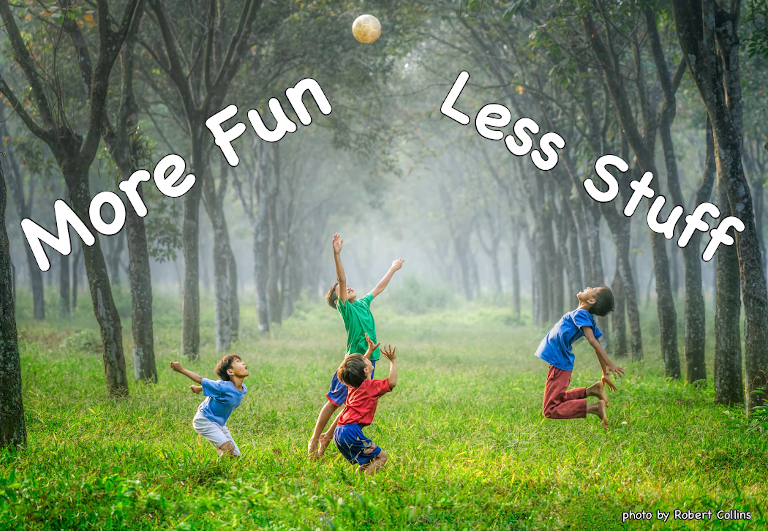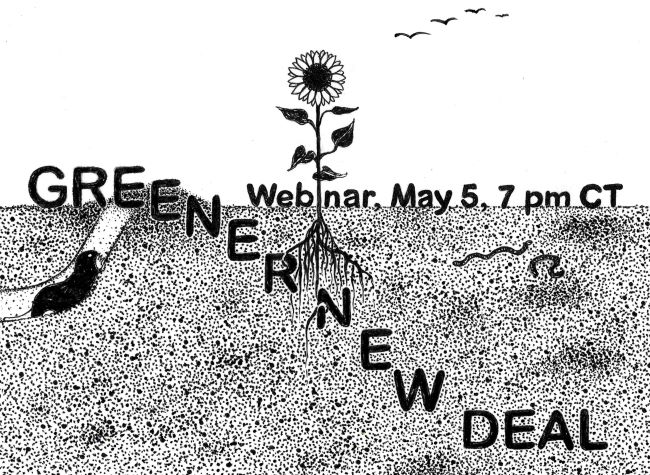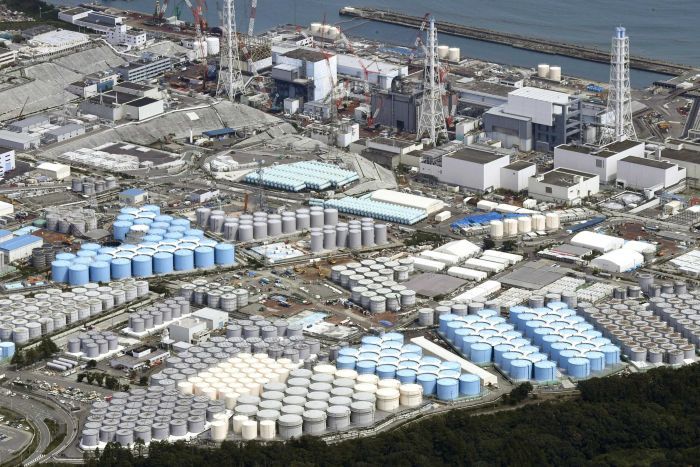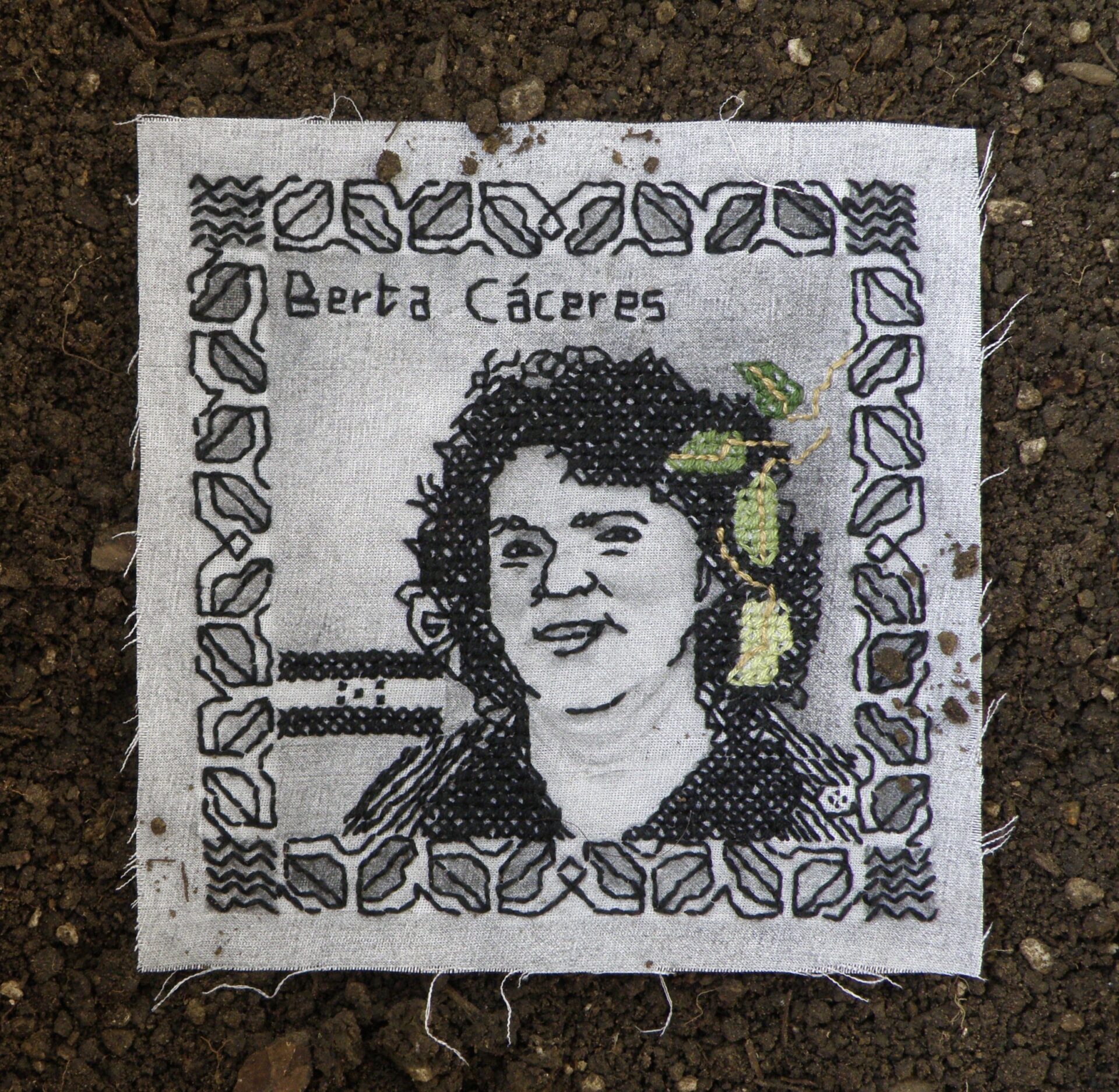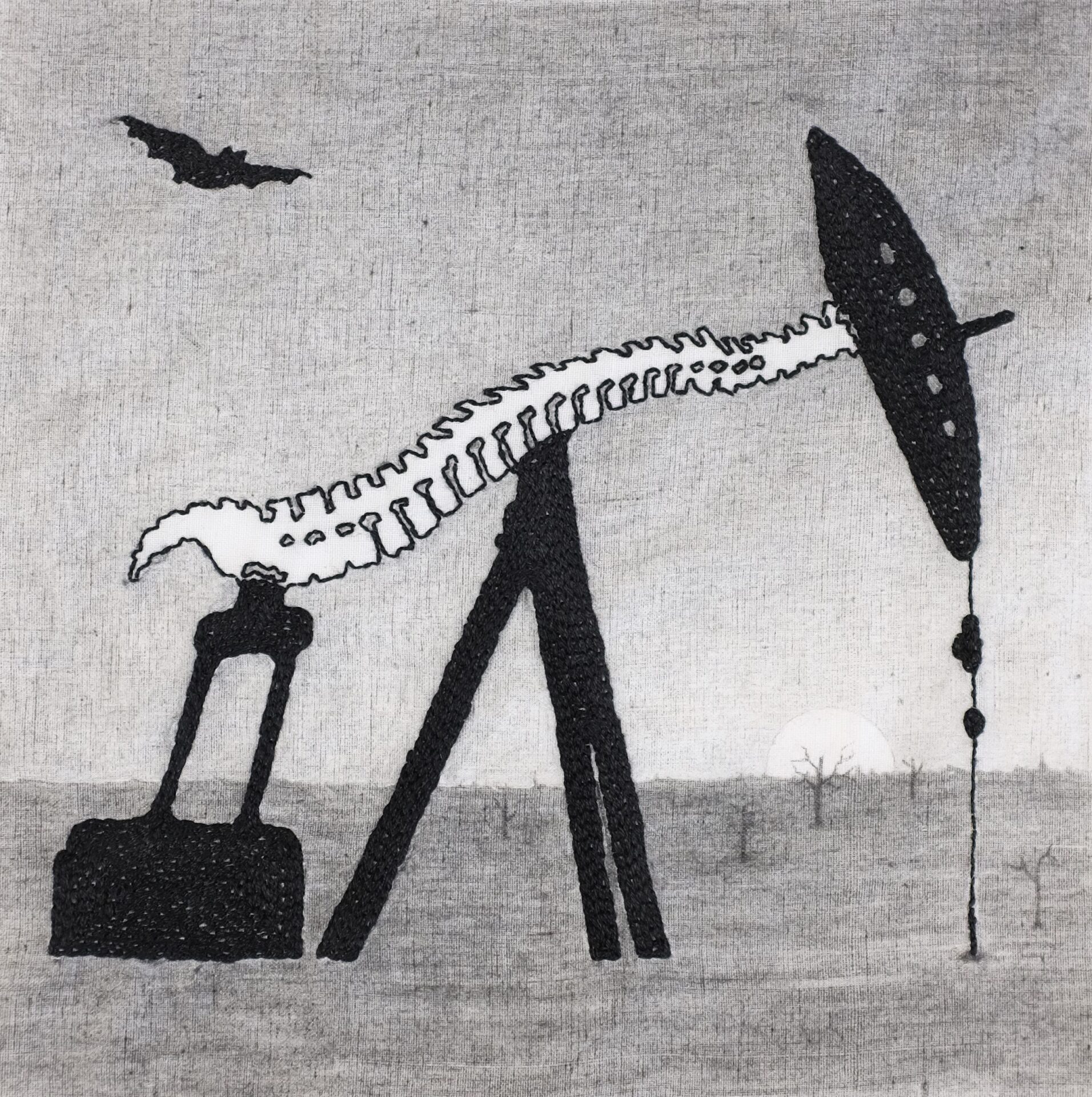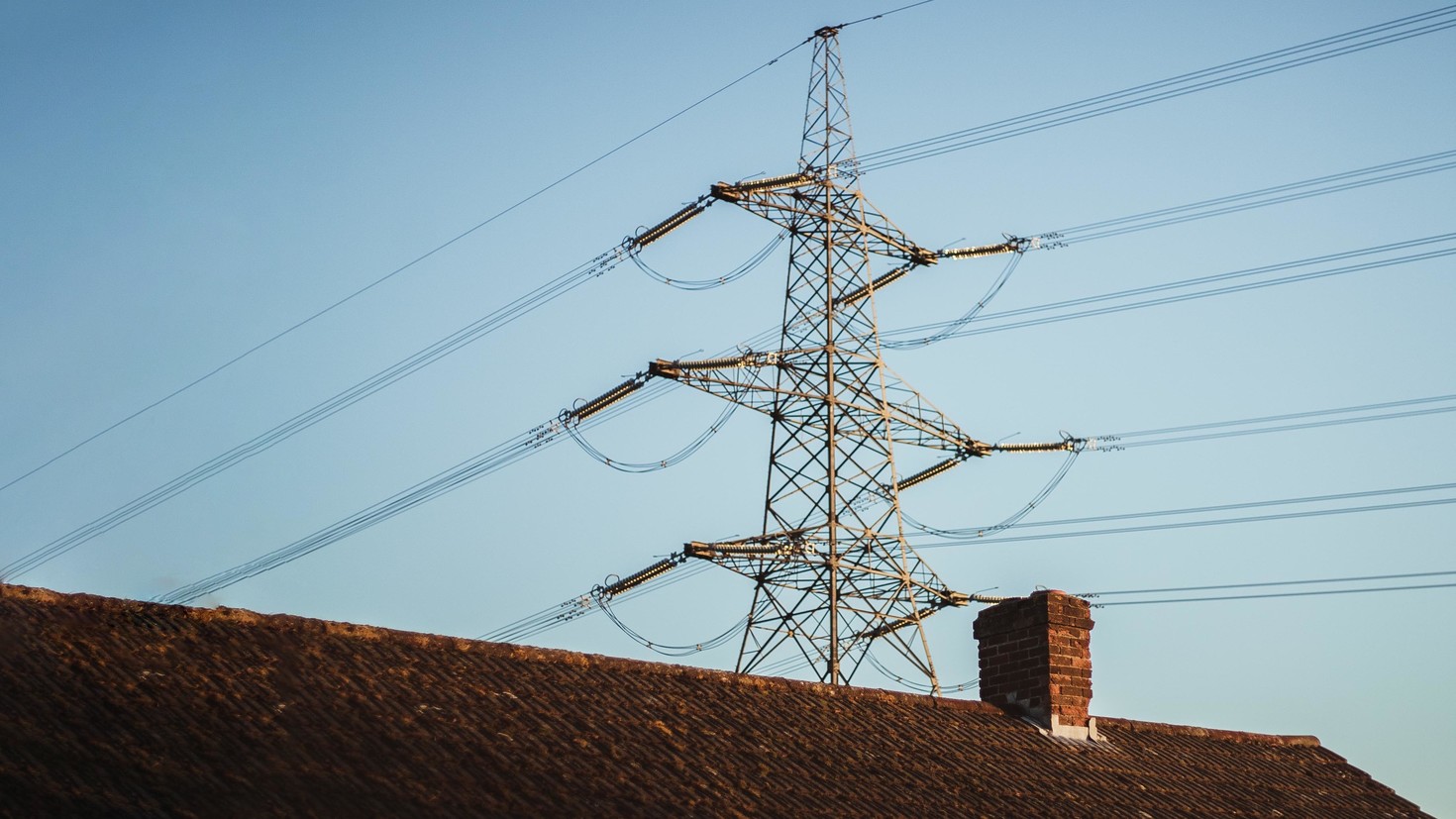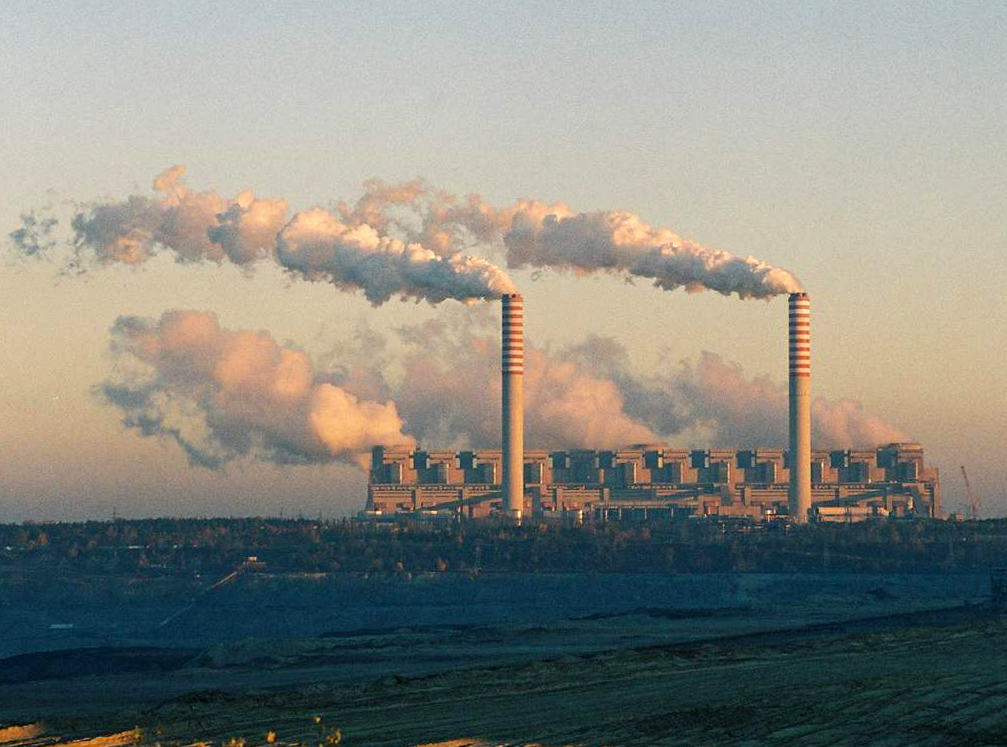Category: Uncategorized
-

Getting From Here to There
Photo by: Robert Collins. To secure the future we need to reduce resource exploitation and pollution by reducing consumption. Belt tightening however lacks broad appeal. Pointing out what we can reclaim works better: more time for relationships, appreciation, service, sport, creativity, learning and the like. Such life-based activities can be…
-

What Would a Deep Green New Deal Look Like?
Drawing by Priti Cox. The Green New Deal has attracted perhaps the greatest attention of any proposal for decades. It would guarantee Medicare-for-All, Housing-for-All, student loan forgiveness and propose the largest economic growth in human history to address unemployment and climate change. But the last of these hits a stumbling block. Creation of all…
-

If Fukushima’s Water Is Safe, Then Drink It!
By now, the world knows all about the decision by Japan to dump tritium-laced radioactive water into the Pacific Ocean. According to Japan’s Deputy Prime Minister Taro Aso, the treated and diluted water will be “safe to drink.” Furthermore, he claims the country should have started releasing it into the ocean earlier. (Source: China to…
-

The Doomsday Glacier Lives up to its Billing
The 21st century serves as an inflection point of acceleration of climate instability caused by human-generated greenhouse gases, as CO2 emissions increase well beyond the rate of the prior century. It’s also a defining timeline of an astonishing ice mass loss rate of 500% more than the last decade of the previous century. Throughout human…
-

A Dark Earth Day
A Dark Earth Day The ‘New Deal’ part of the Green New Deal is mostly good and necessary. But the ‘Green’ part has a big hole at its center: the lack of a direct mechanism to rapidly reduce the use of fossil fuels in the economy; therefore, it cannot guarantee their elimination on a crash deadline.…
-

Extinction Rebellion
We have understood the science of the climate crisis for over 30 years. The first IPCC report, where the world’s scientific community set out the scale of the problem, came out in 1990. But our governments chose not to act then, and still fail us today. Read more … 2 scientists throw paint and stick…
-

Earth Abuse, Greenhouse Warming, and the Next Pandemic
Humanity’s transgression of ecological limits has caused widespread damage, including a climate emergency, catastrophic loss of biodiversity, and extensive degradation of soils around the world. Earth abuse is also at the root of the Covid-19 pandemic and the grim possibility that new pathogens will continue to emerge from other animal species to infect humans. Right:…
-

Basic needs, electrified: What we expect from electricity
Dear Ecologists, Once energy became abundantly available, the way we humans think about our daily lives changed radically. Electric appliances freed us from heating our homes, building fires to cook, sewing and washing clothes. For more than a century, we in the developed world have considered electricity a basic necessity—just like food, water and shelter.…
-

Re-Evaluating Solar Photovoltaic Power: Considering the ecological impacts we aim to reduce
Dear Ecologists, Even when reality is harsh, I prefer it. I’d rather engineers say that my water could be off for three hours than tell me that replacing the valve will take one hour. I prefer knowing whether or not tomatoes come from genetically modified seed. If dyeing denim wreaks ecological hazards, I’d rather not…
-
How we manufacture silicon: computers’ crucial ingredient not found in nature
Dear Ecologists, Could we discuss silicon, that substance on which our digital world depends? [1] Silicon is a semiconductor, and tiny electronic switches called transistors are made from it. Like brain cells, transistors control the flow of information in a computer’s integrated circuits. Transistors store memory, amplify sound, transmit and receive data, run apps and…

